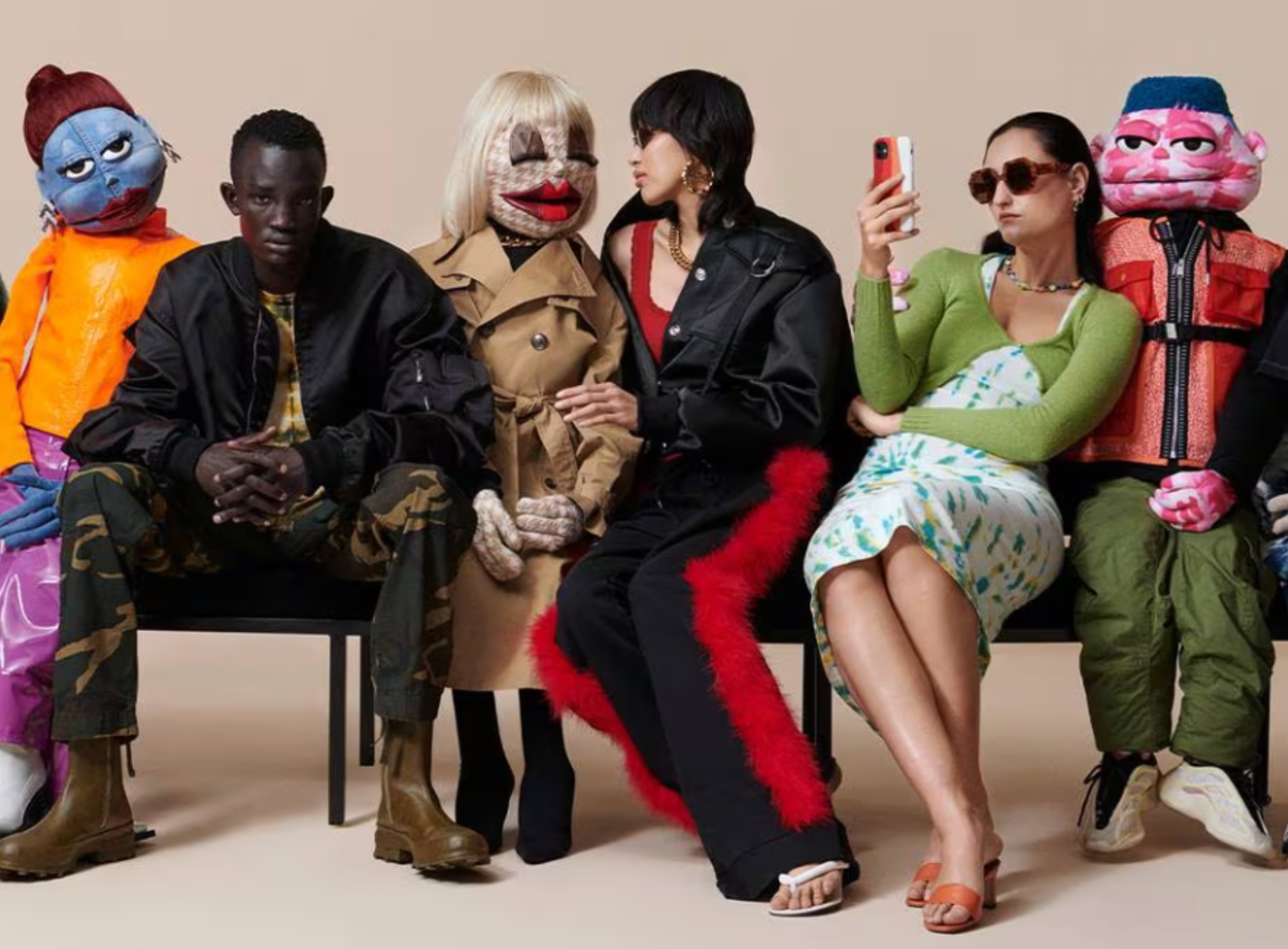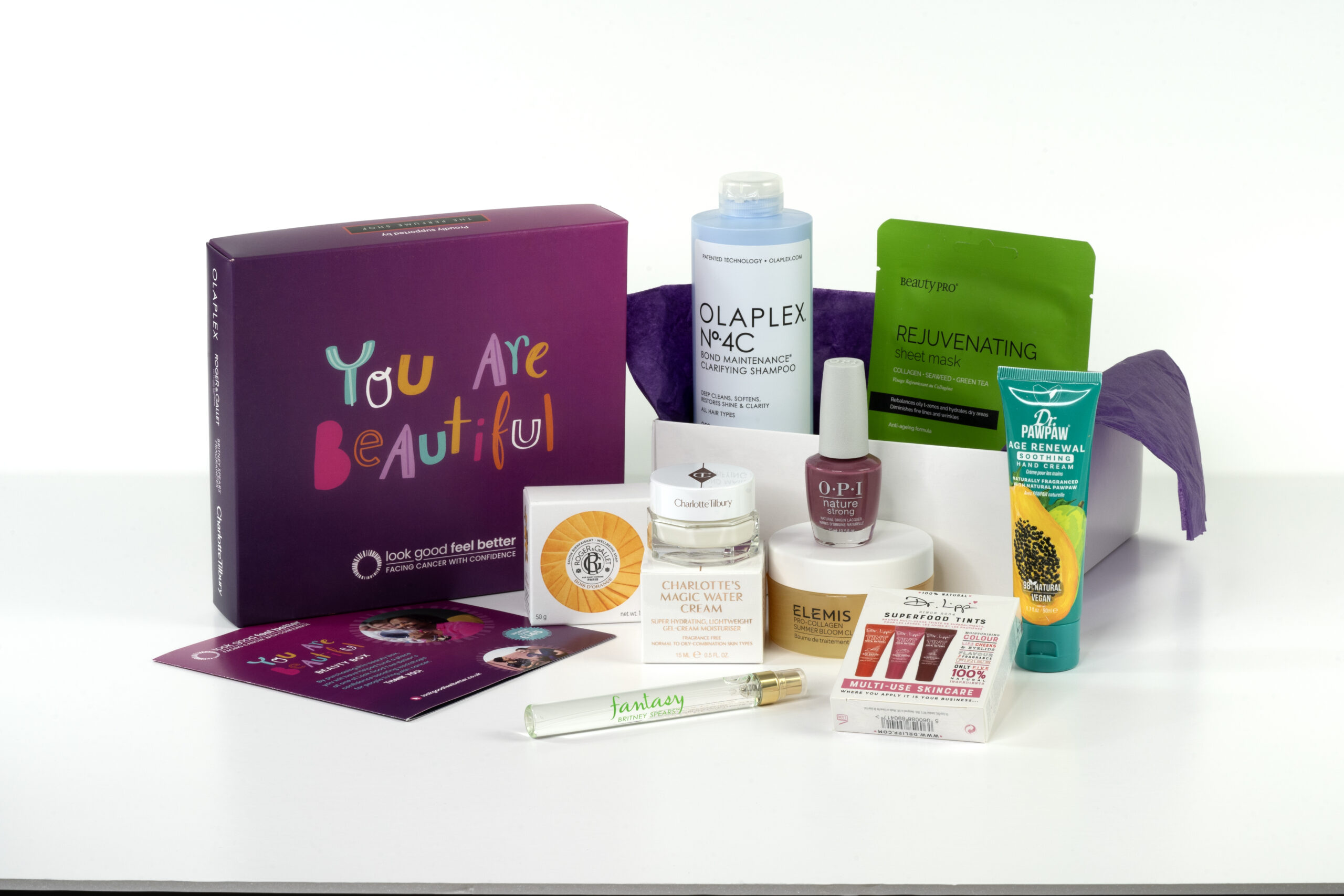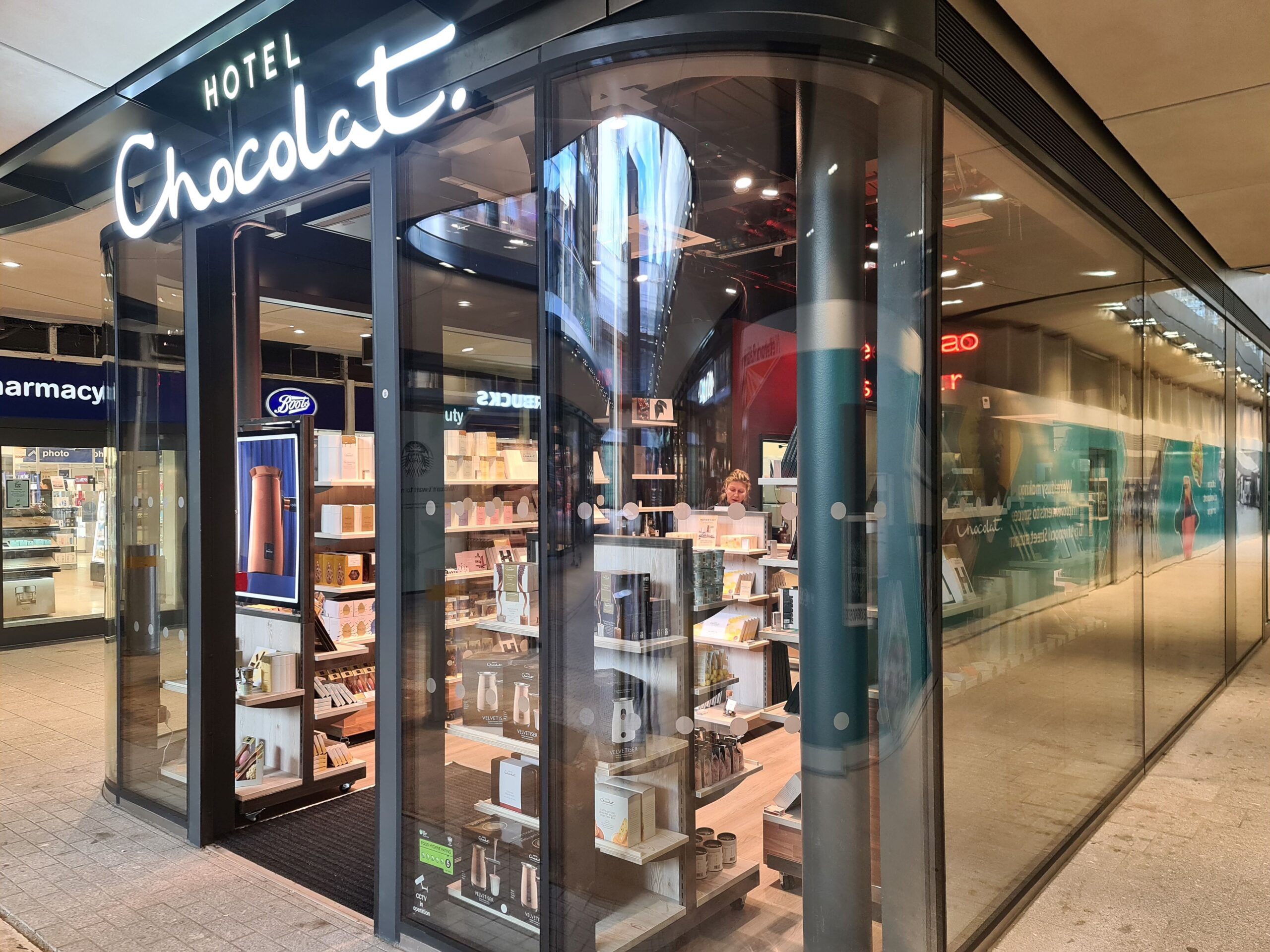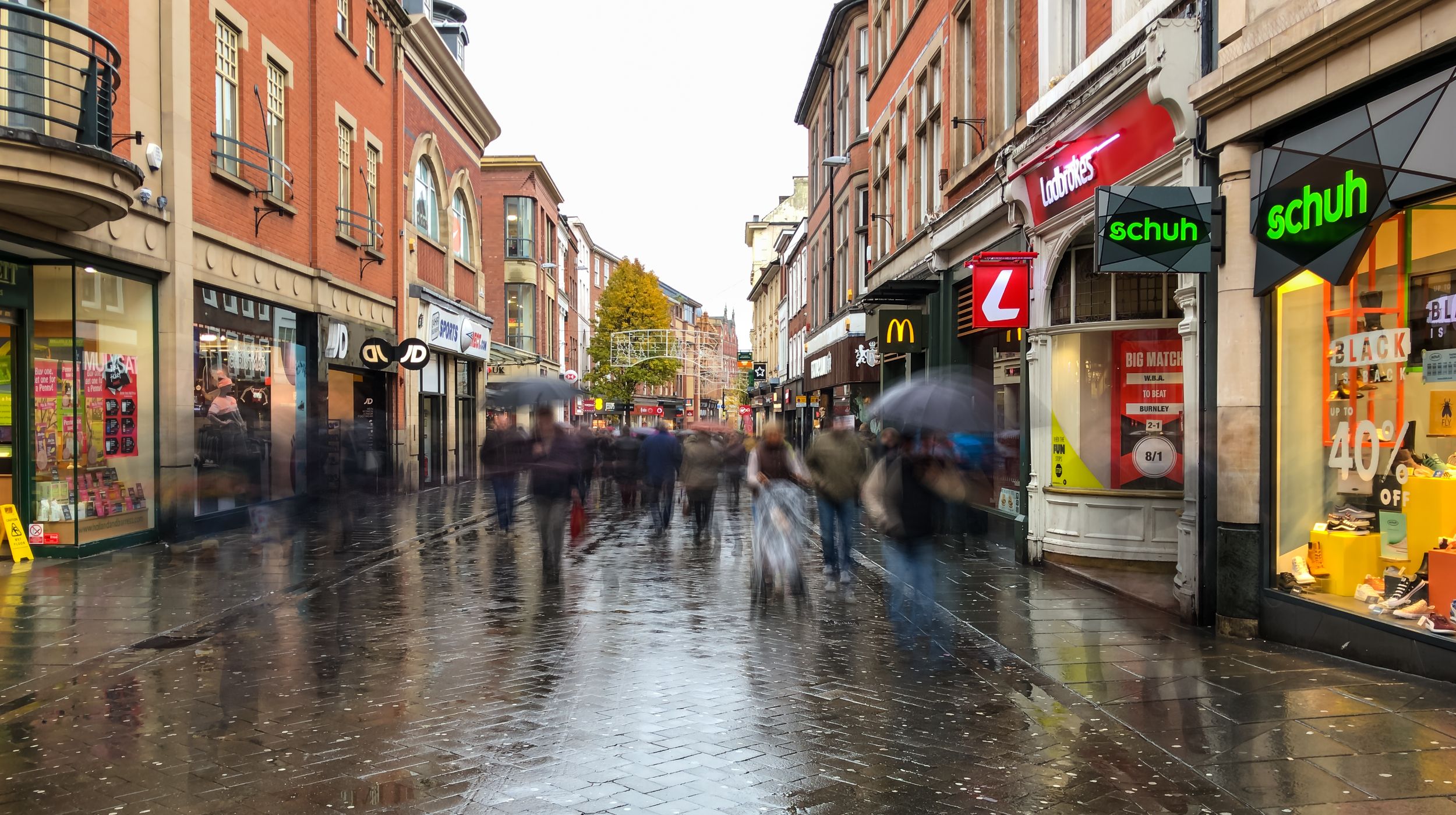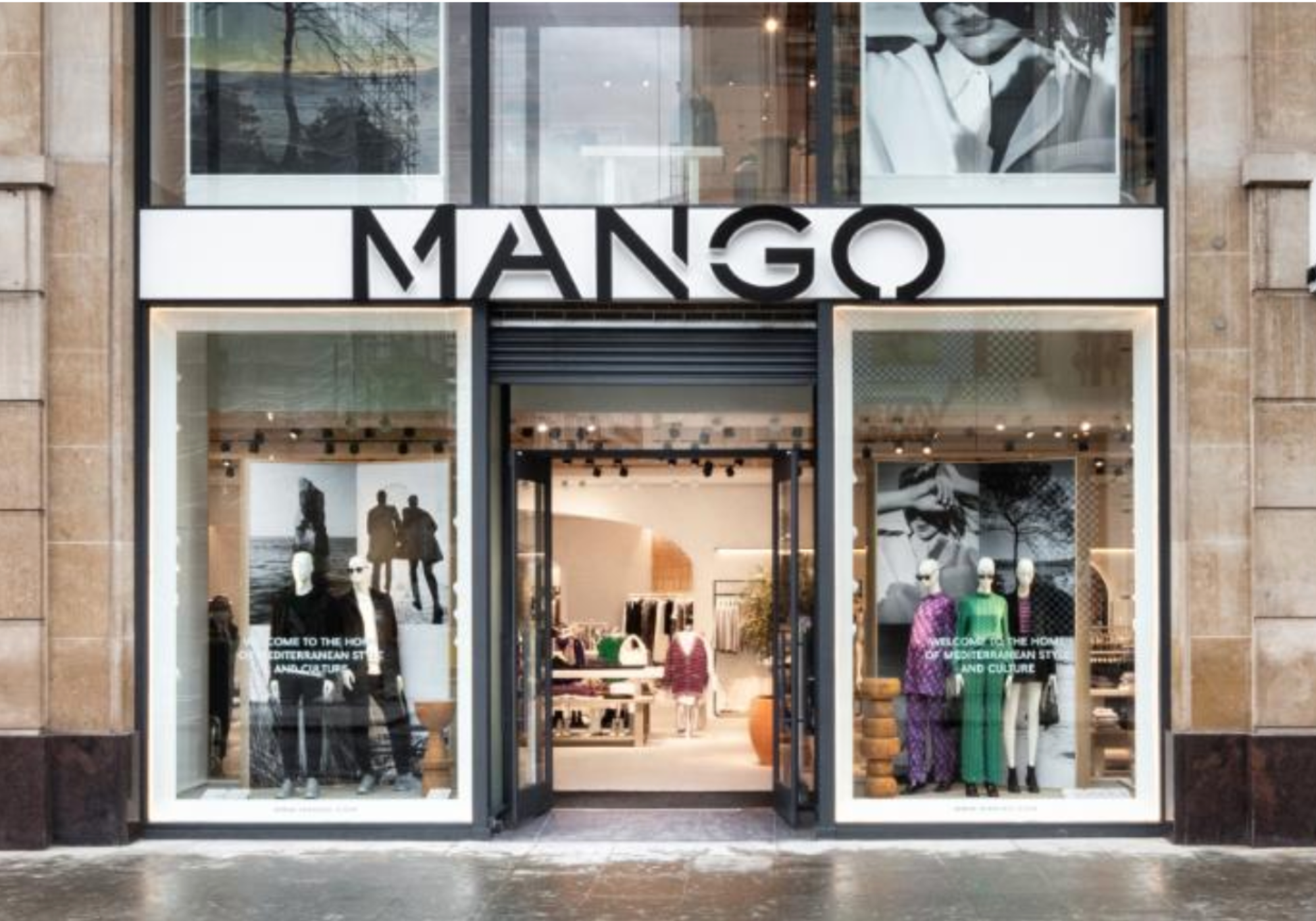We’re reporting on the effect of the Covid-19 coronavirus pandemic on the way UK shoppers buy – and on how retailers are responding to that changing behaviour.
This update comes as, as of May 5, 194,990 people have tested positive for coronavirus and 29,427 people have died following a positive Covid-19 test result. Over the previous day, 4,406 people tested positive and 693 people died following a positive test.
The Works sees strong lockdown demand
The Works said that its turnover for the year to April 26 would be up by 3.5% on the previous year – including the week to March 22, the final week before non-essential stores closed, when like-for-like sales rose by 81% on a year earlier as shoppers bought “beat the boredom”, education and mindfulness materials ahead of social distancing.
Online sales, it said had continued to be strong during the lockdown period – and said it was working to expand its fulfilment capacity as social distancing and health and safety measures both reduced its daily sales capacity.
The retailer has talked to landlords with a view to reducing rents while shops are closed, and has also worked with suppliers and reviewed its capital investment plans. It now expect to reduce its capital expenditure to £3m from a planned £9m in the coming year. It has also cut its online marketing spend, improving online profitability, and furloughed all its store staff, “the vast majority” of distribution centre staff and a significant number of its support centre staff.
Chief executive Gavin Peck has reduced his pay by a third, while board directors and operational directors have also volunteered to cut their pay.
The retailer usually trades from 534 stores in the UK and Ireland and says it is putting in place to reopen them “at the appropriate time “ and subject to Government guidelines. It said its net debt stood at £7.9m at year-end but it had access to credit of £25m.
Ocado sees strong lockdown sales
Ocado this week said retail sales had grown by 40% in its second quarter, compared to growth of 10.3% in the first. The boost from lockdown sales has meant the retailer has had to increase capacity “significantly”, and it is currently processing 110,000 standard-sized orders a week, compared to 80,000 at the end of the first quarter at its Erith, South East London fulfilment centre. Its Zoom site in West London has now reached full capacity a year earlier than expected. By suspending deliveries of mineral water, it has been able to deliver to an extra 6,00 households a week.
Ocado chief executive Tim Steiner said: “We are facing quite a different challenge to many, as we scale up Ocado.com to play its part in feeding the nation, and as we help our clients launch and roll out their online businesses more rapidly against a backdrop of a likely long term increase in demand for online. Ocado remains in a strong position and while we should be grateful that our current challenges are around growth, expansion and increased demand, we have great empathy for all who are facing different challenges at this time. In retail, we are working with our small suppliers to make sure we pay them earlier than normal and we will work closely with any who are struggling”.
Card Factory puts most staff on furlough and reduces its store opening plans
The Card Factory says more than 90% of its staff are on furlough during lockdown, and that it has reduced its new store openings to seven in its current full-year. It has, however, continued to trade online, with sales via its cardfactory.co.uk site up by 267.5% since lockdown started, and sales via gettingpersonal.co.uk up by 57.5%. It has opened a second fulfilment site in Wakefield, while also continuing to supply Aldi and its Australian partner, The Reject Shop, with cards.
Halfords points to rise in lockdown cycle sales – though overall sales 23% down in April
Halfords says its sales have been better than expected as it sells from 325 ‘dark’ stores during lockdown. It says that in the four weeks to May 1, group sales were 23% lower than a year earlier – “better than we initially anticipated”. The figures, it says, reflect a strong performance in cycling “as the public explored alternatives to public transport and looked for ways to stay healthy”. In motoring, battery-related sales were good, but car purchases were generally significantly down.
It also said that it has sold 11 of the Cycle Republic stores it previously expected to close to Pure Scooters. The move will save about 85 jobs. Halfords instead plans to sell via its primarily online Tredz business, and its Halfords cycling business.
Chief executive Graham Stapleton said: “Cycling has provided commuters with an important alternative to public transport and consequently we have seen significant growth within our Cycle2Work programme, cementing our position as the market-leading business in this segment.
“Whilst trading since our last update at the end of March has been better than anticipated, driven by a strong performance in cycling, considerable uncertainty remains and as such we continue to take all necessary measures to preserve cash and protect our financial position.”
IKEA PLANS TO REOPEN STORES “IN NEXT TWO WEEKS”
Swedish DIY chain IKEA is to follow in the footsteps of rivals B&Q and start opening its stores to the public.
In a statement the retailer was tight-lipped, saying just that all its stores are closed until further notice, but reports in The Daily Mail say that the company is working hard to make it safe for its staff and customers to reopen the stores in May.
CURRYS PC WORLD ROLLS OUT VIDEO SERVICE FOR ONLINE CUSTOMER SERVICE FROM HOME
Electrical retailer Currys PC World is extending its use of Go Instore’s video technology to bring the in-store expertise experience to online shoppers – only it is now allowing its staff to do that from their homes.
CLARKS SHOES APPOINTS THREE LEADING ACCOUNTANCY FIRMS FOR POST COVID-19 RESTRUCTURING
Shoe maker and retailer Clarks has drafted in no less than three accountancy firms to help it and its lends restructure the business for the post coronavirus world, reports suggest.
The 195-year old firm has drafted in KPMG to advise on what the new world of retail may look like, while the retailer’s management team has hired Deloitte to look at restructuring the business.
Last week, Clark’s lenders hired PriceWaterhouseCoopers to assess the impact of Coronavirus and lockdown on the company’s future.
ECOMMERCE GROWS ANOTHER 23% IN A WEEK IN UK…
Online sales in the UK have grown 27% from the same time last year and have increased by 23% from last week, according to data from Bloomreach.
But, despite potentially having more time on their hands, UK consumers are not wasting it browsing online before purchasing, with search traffic up 46% year-on-year and search sales up almost three quarters (74%) from the same time last year.
The data also highlights how UK consumers are searching online for their grocery items to check stock levels on products to help inform whether the wait at their local supermarket is worth it.
… AND HERE’S WHAT PEOPLE ARE BUYING
According to the latest data from Lovethesales’ latest fortnightly COVID-19 Retail Report, sales of kids clothes, luxury fashion, activewear, rainbow patterned clothes in honour of the NHS, snazzy face masks and even dog jumpers are all winners this week.
It finds that demand for kids clothes is up 151%, luxury fashion by 27% and activeware by 141%. It has also found that searches for snazzy face masks is up 285% and demand for dog jumpers – that is little sweaters for dogs – is up 88%.
Meanwhile, high street fashion has plummeted by 102%.
SHOPPERS ADMIT TO SPLURGING ON NON-ESSENTIALS
Research from money.co.uk reveals the items that Brits have splashed on since lockdown began, as over one third (37%) of Brits head online more often for retail therapy, than before the COVID-19 crisis.
Grocery shopping takes the top spot with 40% of shoppers ordering online since lockdown began, and DIY and home furniture items are ordered by more than a third (34%) as the country takes the opportunity to give their homes a ‘glow-up’.
Other non-essential items are also seeing a rise in online sales as fashion and beauty items are ordered by almost one in three (29%) shoppers.
Whilst staying at home is essential to help fight the virus and support the NHS, bored Brits are turning to gaming and reading to fight boredom, as tech and gaming items are ordered by one in four (25%) and books and magazines are ordered by one in five (20%).
Contrastingly a quarter of consumers (25%) are taking the lockdown as an opportunity to save, revealing they are spending less during the pandemic.
Regionally, 39% of Londoners have purchased non-essential products more frequently online during lockdown. Whereas less than one third (31%) of those in the Midlands have increased their spending online.
However, consumers are pessimistic about what lies ahead. The survey also finds that 86% believe the UK is heading towards either depression or recession and that nearly nine in 10 Britons believe unemployment will rise (89%). They are also the least confident about job security over the next 12 months.

